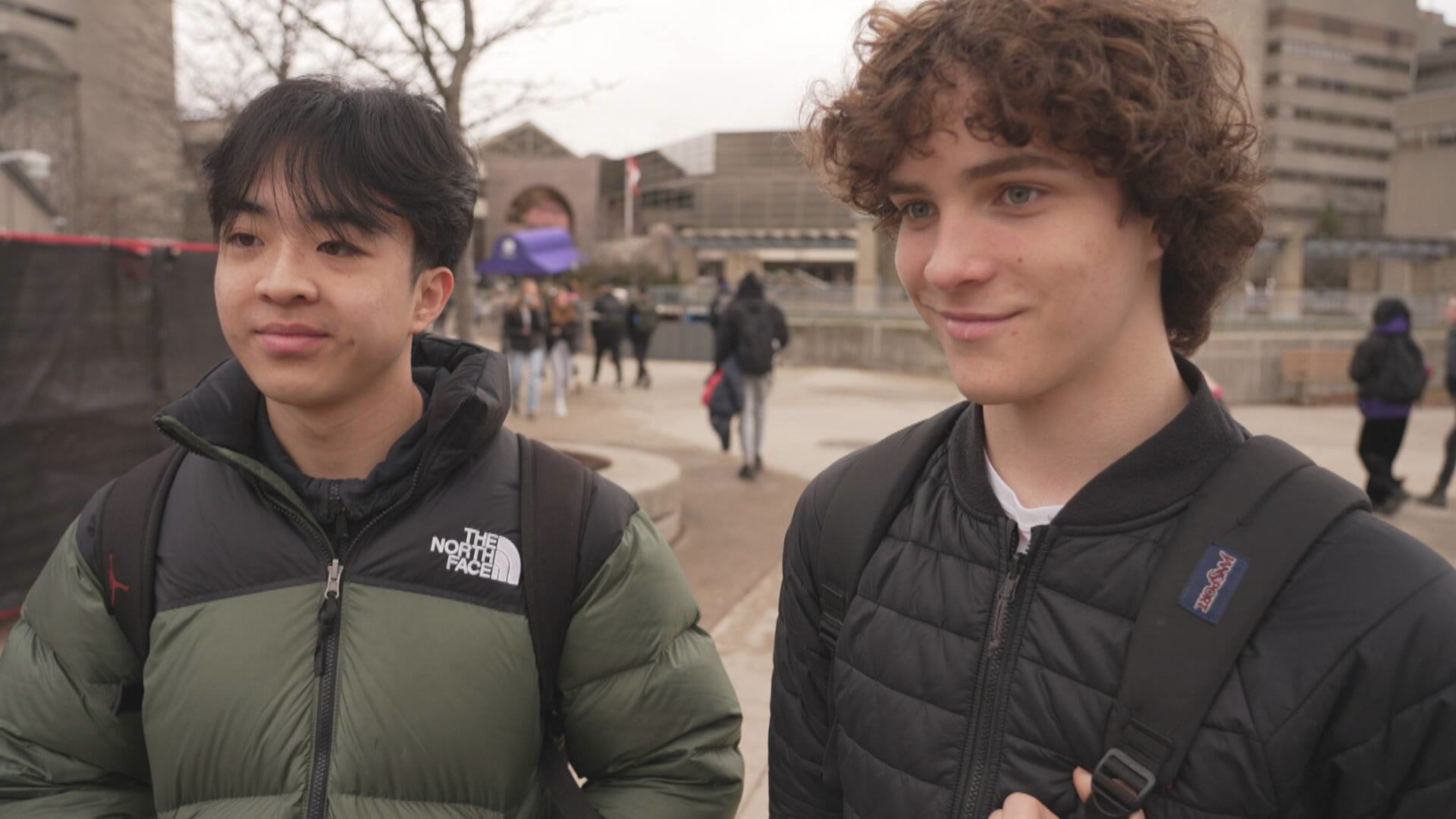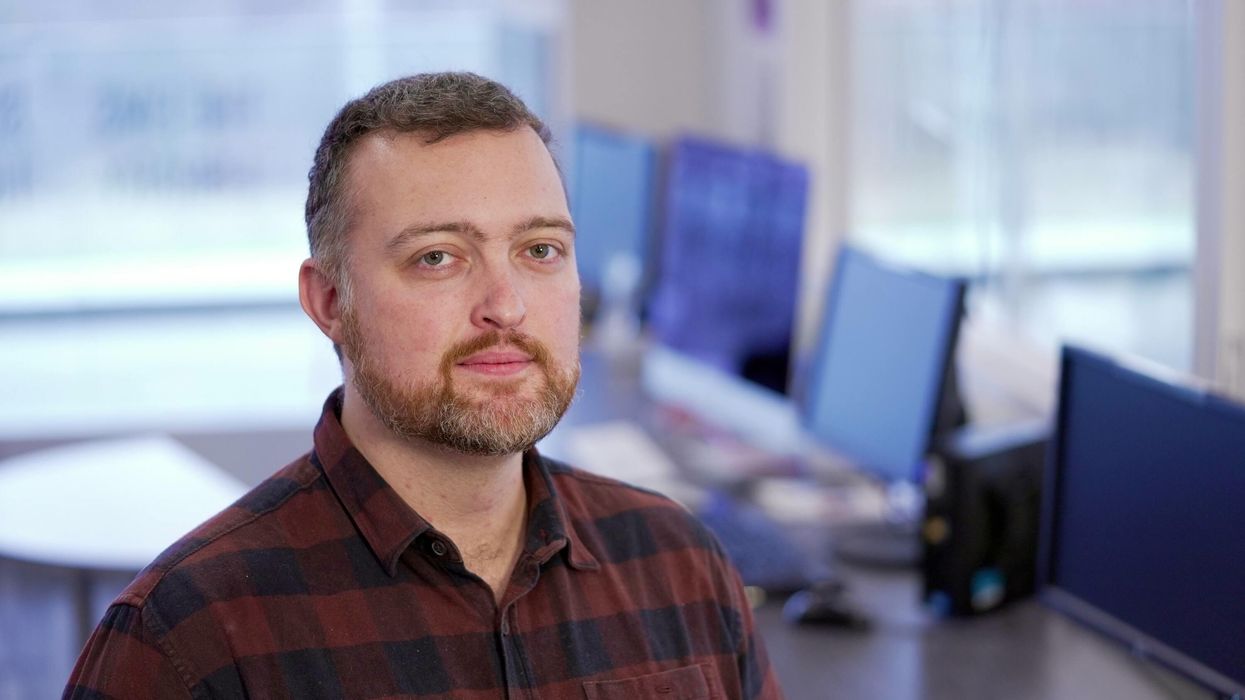Harriet Brewis
Jan 30, 2023
'It's quite clever:' take a quick peek at how ChatGPT works
content.jwplatform.com
Well, it’s official: ChatGPT is changing life as we know it, and it’s starting in the classroom.
Not just the classroom, in fact, but on kitchen tables, living room floors and in bedrooms across the country. Yes, that’s right, the AI chatbot is now upending that beloved educational cornerstone – homework.
One London school has already embraced the upheaval, abandoning traditional written assignments because it appreciates the power of ChatGPT. Why would students spend their evenings writing essays when they can get that handy tool to do it for them?
Instead, pupils at Alleyn’s, a private school which charges more than £22,800 a year, are being instructed to carry out in-depth research in preparation for the next lesson.
Sign up for our free Indy100 weekly newsletter
This “flipped learning” approach inverts the conventional notion of classroom-based learning by introducing kids to content at home and getting them to work through it in class.
Alleyn’s headteacher Jane Lunnon told The Times that there’s no longer any point in asking pupils to complete lengthy written tasks at home.
She said their English department recently tested out ChatGPT and teachers awarded it an A* for the essay it produced.
Lunnon said she believes that the AI model presents great opportunities for both pupils and teachers, but pointed out that it also poses problems to current systems – in particular, to the execution and assessment of coursework.
She noted in a recent blog post on the school’s website: “If the exam boards have to find ways round AI generated coursework responses, their solution will need to be more rigorous expectations around original thought and detailed, rich analysis of problems.”
This, she said, felt “inspiring”.
“I also think that whilst we can let the chatbot do the heavy lifting on the low-level, information gathering, summarising work, there will always be a premium on higher order, reflective and hard thought,” she added.

In her interview with The Times, Lunnon also suggested that marked work would need to be carried out during lesson time.
“At the moment, children are often assessed using homework essays, based on what they’ve learnt in the lesson. Clearly if we’re in a world where children can access plausible responses … then the notion of saying simply do this for homework will have to go,” she said.
“Homework will be good for practice but if you want reliable data on whether children are acquiring new skills and information, that will have to be done in lesson time, supervised.”
She insisted that the vast majority of children did not want to cheat, but that “this is the world we’re in and very soon it won’t be cheating the system, it will be the system”.

However, a leading technology expert has played down the prospect of an educational overhaul, insisting that ChatGPT should be viewed as just a step up from a spell-checker.
Michael Webb, who is a director at Jisc (the main body advising universities on technology) told the same paper: “The knee-jerk reaction might be to block these tools in order to stop students cheating, but that’s neither feasible nor advisable. We should really regard them as simply the next step up from spelling or grammar checkers: technology that can make everyone’s life easier.”
He continued: “Like it or not, AI-powered computation tools for written content, image generation and coding are here to stay. Aspects of them will soon be integrated into apps like Microsoft Office.
“The key is to understand their shortcomings and weak points as well as their strengths. We should all be aware, for example, that ChatGPT’s output can be poorly argued, out of date and factually inaccurate.”
Webb added that the chatbot posed a “great opportunity” for the sector to explore new exam techniques that assess learners on “critical thinking, problem-solving and reasoning skills rather than essay-writing abilities”.
“Factual knowledge can be assessed during the learning process, while the application of that knowledge could be tested in project work,” he said.
So, hands up who’s excited for a ChatGPT future?
Have your say in our news democracy. Click the upvote icon at the top of the page to help raise this article through the indy100 rankings.
Top 100
The Conversation (0)














